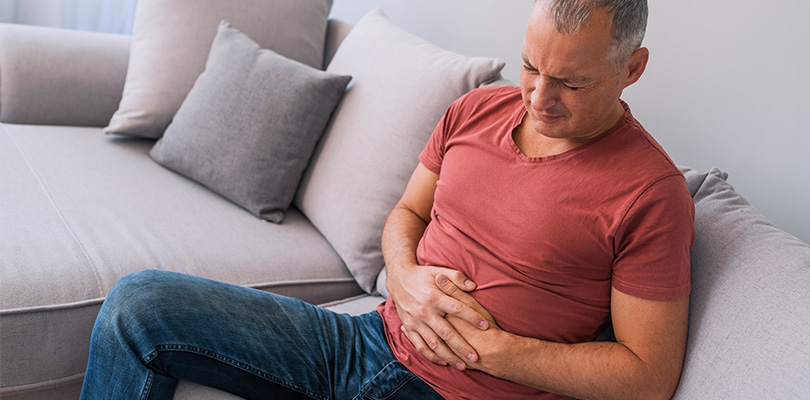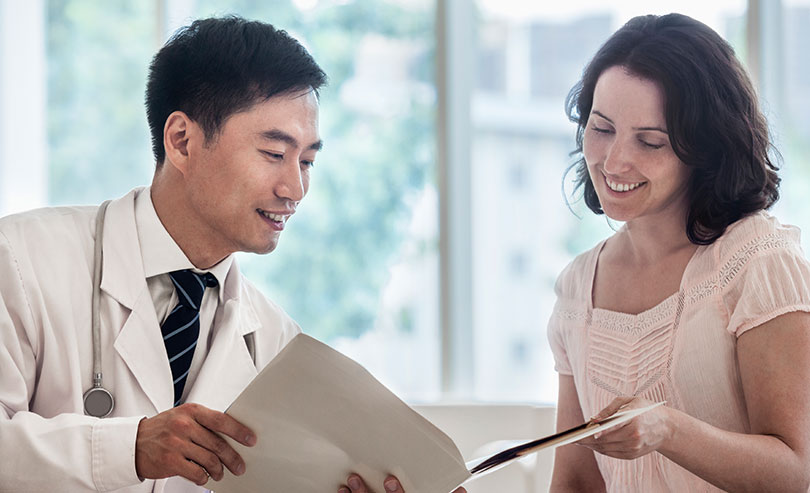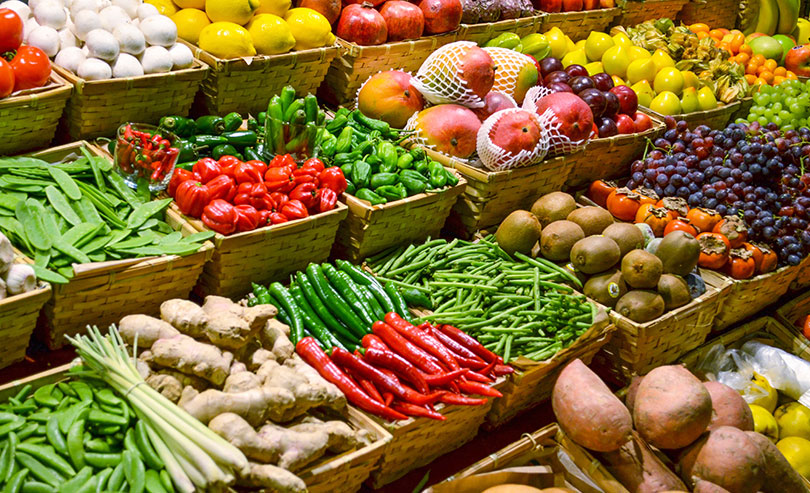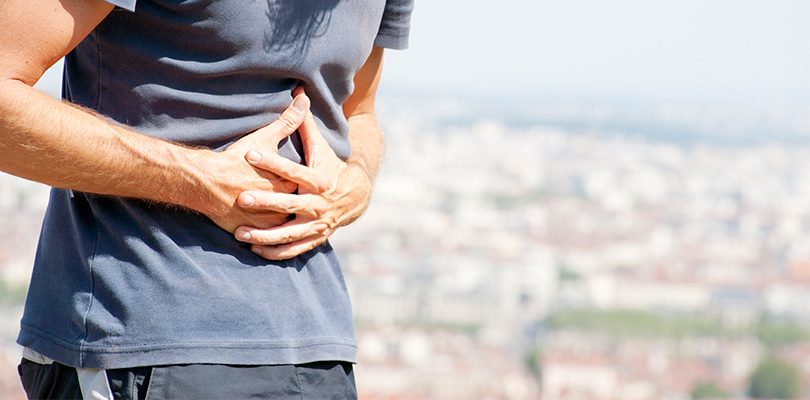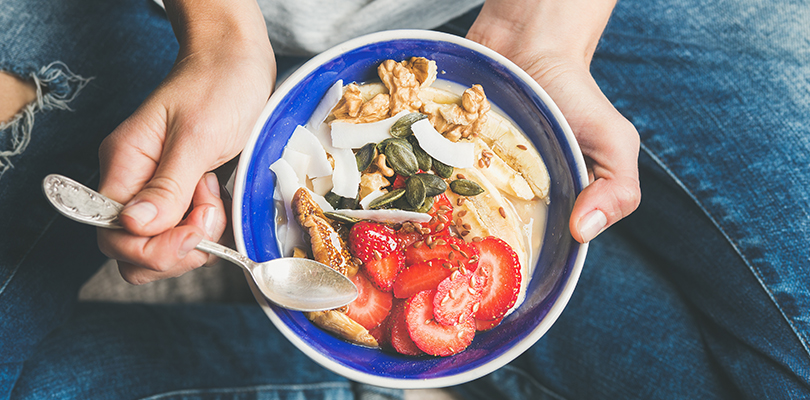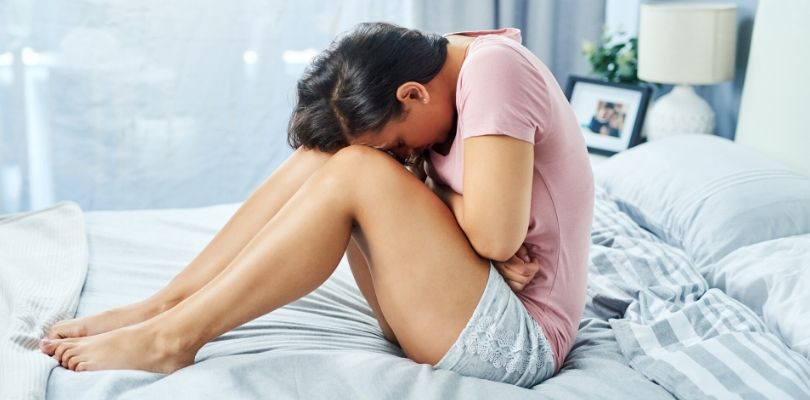IBS and Gallbladder Problems
IBS and gallbladder problems are two conditions that can affect the digestive system. But is there any connection between them?
In this article, we explore the relationship between IBS and gallbladder problems, and how to distinguish between the two.
The Relationship between IBS and Gallbladder Problems
Irritable bowel syndrome is a condition that affects the large intestine, the final section of the digestive tract. The large intestine is responsible for absorbing water from the undigested portion of food. It turns this semi-liquid substance into something more solid that can be passed as stools.
The gallbladder is another organ that plays a vital role in the digestive process. It is a small, pear-shaped organ that is located next to the liver.
The role of the gallbladder is to store bile and release it into the small intestine after a meal. Bile helps break down the fats from food, making them easier to digest.
Since the large intestine and the gallbladder are both involved in digestion, they can cause similar symptoms when things go wrong. Therefore, some people who have gallbladder problems mistake their symptoms for IBS and vice versa.
Some of the symptoms that IBS and gallbladder problems have in common include:
- Bloating after eating
- Diarrhea
- Indigestion
- Nausea
- Abdominal pain
With gallbladder problems, these symptoms may be worse after eating fatty or greasy food. The pain from gallbladder problems is usually on the upper right-hand side of the abdomen. IBS can also be triggered by certain foods, but these often vary from person to person.
IBS and Gallbladder Problems
One of the most common gallbladder problems is gallstones. These are small stones that form in the gallbladder and are usually made of hardened cholesterol. Gallstones only cause symptoms in around 20% of cases, but when they do, they can be extremely painful.
Gallstones are normally treated by removing the whole gallbladder, an operation called a cholecystectomy. Humans can live without a gallbladder because bile is still released into the intestines by the liver. However, this operation may lead to digestive issues such as IBS.
People who have had a cholecystectomy may suffer from symptoms such as diarrhea since the release of bile is not regulated properly. One study suggests that there is an increased risk of developing IBS after you have had your gallbladder removed. And the link between IBS and gallbladder problems does not end there.
The exact relationship between IBS and gallbladder issues is still unknown. However, research has shown that people who suffer from IBS are more likely to end up having a cholecystectomy. It seems that IBS patients are not necessarily at higher risk of gallstones than other people. They are just diagnosed more frequently due to increased abdominal pain.
Both IBS and gallstones are extremely common. Around 10 to 20% of the population is estimated to suffer from IBS, while 15% of Americans are thought to have gallstones. This means that although the relationship between IBS and gallbladder problems is not yet clear, there is bound to be some overlap.
What Causes Gallbladder Problems with IBS?
Scientists are still trying to understand what causes gallbladder problems with IBS. One study has suggested a possible explanation. Its results showed that IBS patients respond abnormally to a chemical called cholecystokinin octapeptide.
This chemical is found inside the intestines and brain. It stimulates the release of bile from the gallbladder and pancreatic juice from the pancreas.
These findings could go some way to explaining why some people suffer from gallbladder problems and IBS together. However, more research still needs to be done.
When you live with irritable bowel syndrome, it’s nearly impossible to shake the embarrassment but there are ways in which you can beat IBS embarrassment.
Treatment for IBS and Gallbladder Problems
Both IBS and gallbladder problems can be managed by making changes to your diet. For both conditions, it is best to eat bland foods and avoid eating too much in one go.
People with gallbladder problems should avoid eating fatty foods as they may not be able to digest them properly. This can lead to something known as a "gallbladder attack," which can be extremely painful.
People with IBS need to ensure they get their fiber balance right. Too much could result in diarrhea, while too little can cause constipation.
Some people with IBS find it helpful to avoid foods containing FODMAPs. These are a type of carbohydrate that gets fermented in the intestines causing bloating and pain. Other foods and drinks to avoid include spicy food, caffeine and carbonated beverages.
If you are unable to get relief by changing your diet, medication is also available. Some medications can be bought over-the-counter such as antacids and anti-diarrhea medication. Some people also find probiotics and digestive enzyme supplements helpful.
However, if you have ongoing digestive symptoms, it is important to get them checked out by a doctor before heading to the pharmacy.
Is It IBS or Gallbladder Problems?
It can be difficult to tell the difference between IBS and gallbladder problems. This is why it is essential that you have any digestive symptoms investigated by a medical professional. Your physician will be able to order tests to determine whether you have IBS or gallbladder problems, and recommend the most appropriate treatment.
If your doctor diagnoses you with gallstones, it is important to remember that many people with this problem never experience any symptoms.
Therefore, you might not want to rush to have your gallbladder removed in case it makes your issues worse.
It is far better to try and manage your symptoms through diet first, and then medication if necessary. If you do not see any improvements after these less invasive treatments, you could try surgery as a last resort.
